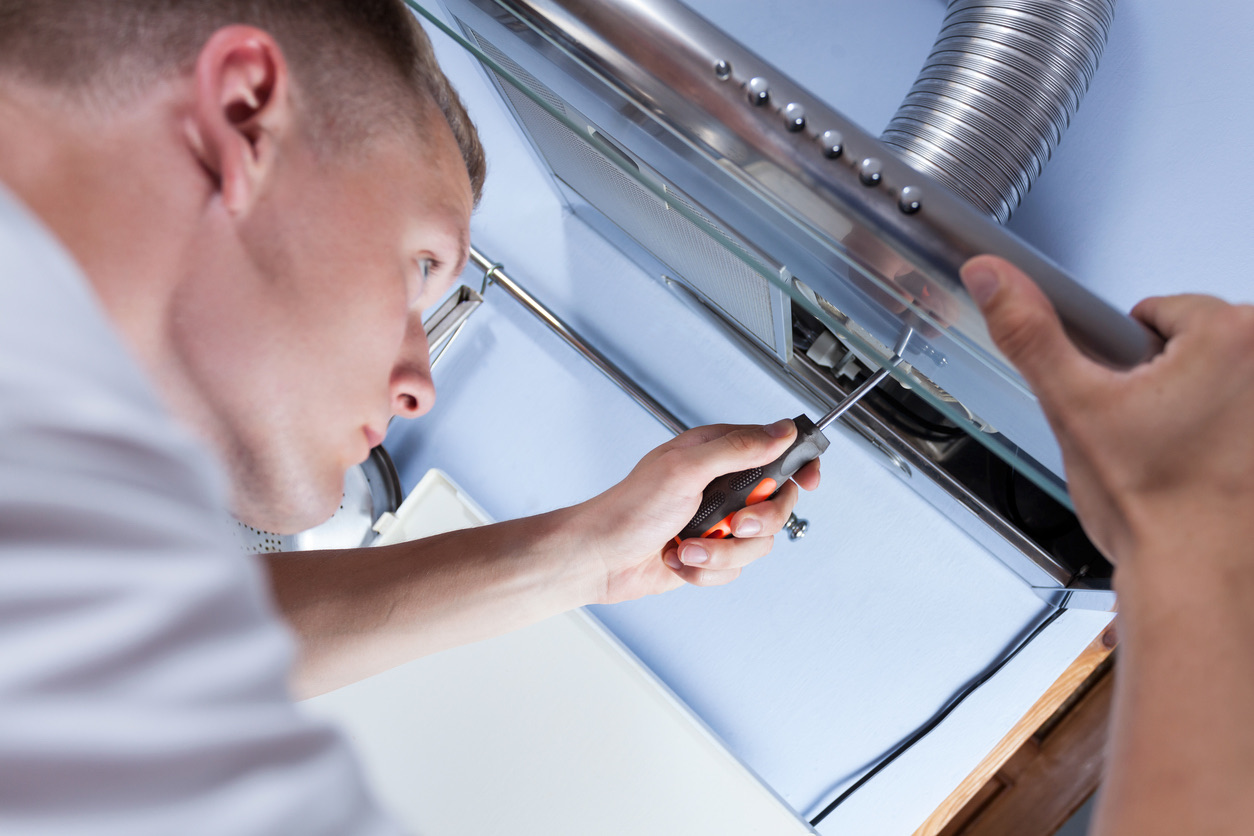

Articles
Range Hood Making Noise When Off
Modified: May 6, 2024
Discover how to troubleshoot and fix a range hood that is making noise when turned off with our informative articles on this common issue.
(Many of the links in this article redirect to a specific reviewed product. Your purchase of these products through affiliate links helps to generate commission for Storables.com, at no extra cost. Learn more)
Introduction
Range hoods are an essential appliance in any kitchen, as they help to remove smoke, odors, and grease from the air while cooking. However, it can be quite frustrating when your range hood starts making noise, even when it’s turned off. Not only can this noise be bothersome, but it may also indicate a potential issue with the range hood that needs to be addressed.
In this article, we will explore the possible causes of range hood noise when it’s turned off and discuss how to fix these issues. Whether it’s a loose part, damaged fan blades, or electrical problems, we’ll provide you with practical solutions to help eliminate the noise and ensure your range hood functions properly.
Before jumping into the potential causes and fixes, it’s important to note that while some noise from a range hood is normal during operation, excessive or abnormal sounds when the hood is off can signal a problem. It’s essential to investigate and resolve the issue promptly to prevent further damage and maintain a quiet and efficient kitchen environment.
Now, let’s delve into the different factors that may lead to range hood noise when it’s turned off and learn how to address each problem effectively.
Key Takeaways:
- Regularly inspect and address loose parts, damaged fan blades, faulty motors, vibrations, airflow restrictions, electrical issues, and excessive grease buildup to restore a quiet and efficient kitchen environment.
- Consult a professional technician for complex range hood noise issues and adhere to a regular maintenance routine to prevent further damage and ensure optimal functionality.
Possible Causes of Range Hood Noise
When your range hood is making noise even when it’s turned off, there are several potential causes to consider. Here are some of the most common culprits:
- Loose Parts: One of the most common causes of range hood noise is loose parts. Over time, vibrations from the fan or other movements can cause screws, bolts, or panels to become loose, resulting in rattling or buzzing noises.
- Damaged Fan Blades: If the fan blades are damaged or misaligned, it can lead to excessive noise. Bent or chipped blades can create an unbalanced airflow, causing vibrations and loud humming sounds.
- Faulty Motor: A malfunctioning motor can also contribute to range hood noise. A worn-out or damaged motor may produce unusual sounds, such as grinding, squeaking, or screeching noises.
- Vibrations: Vibrations caused by the range hood or the motor can result in annoying rattling noises. These vibrations can be caused by loose screws, a poorly balanced fan, or general wear and tear.
- Airflow Restrictions: Restricted airflow can cause the range hood to work harder, resulting in increased noise. Blockages in the ductwork, filters, or vents can create air turbulence, causing whistling or whooshing sounds.
- Electrical Issues: Electrical problems, such as faulty wiring or a malfunctioning control board, can lead to strange noises coming from the range hood. It’s important to address any electrical issues promptly to prevent further damage or potential safety hazards.
- Excessive Grease Buildup: Over time, grease can accumulate in the range hood and its components, causing noise issues. The grease can affect the smooth operation of the fan and create friction, resulting in unusual sounds.
It’s important to note that these causes may not be exclusive, and multiple factors can contribute to the range hood noise. In the next section, we will discuss how to fix these issues and restore your range hood to its quiet and efficient operation.
Fixing Range Hood Noise Issues
Dealing with a range hood that makes noise when it’s turned off can be frustrating, but the good news is that many of these issues can be fixed. By identifying the specific cause of the noise, you can take the appropriate steps to resolve the problem. Here are some potential solutions:
- Loose Parts: If the noise is caused by loose parts, such as screws or panels, tighten them using a screwdriver or an appropriate tool. Check all visible components, including the fan blades, motor housing, and ductwork, and secure any loose connections.
- Damaged Fan Blades: Examine the fan blades for any signs of damage or misalignment. If the blades are bent or chipped, you may need to replace them. Refer to the manufacturer’s instructions or consult a professional for guidance on safely replacing the fan blades.
- Faulty Motor: A malfunctioning motor may need to be repaired or replaced. If you suspect a motor issue, it’s best to consult a qualified technician or contact the manufacturer for assistance. They will be able to diagnose the problem and advise you on the best course of action.
- Vibrations: To reduce vibrations, ensure that all screws and bolts are tightened securely. You can also consider adding vibration-absorbing pads or foam strips between the range hood and the mounting surface to dampen any movement or vibrations.
- Airflow Restrictions: Clean or replace the filters regularly to prevent buildup and ensure efficient airflow. Check for any blockages in the ductwork or vents and remove them if necessary. If the issue persists, it may be worth consulting a professional to assess the ventilation system.
- Electrical Issues: If you suspect electrical problems, it’s important to turn off the power to the range hood and seek the assistance of a qualified electrician. They will be able to diagnose and repair any faulty wiring or control board issues.
- Excessive Grease Buildup: Clean the range hood thoroughly to remove any grease buildup. Use a degreaser and a soft cloth or sponge to wipe down the interior and exterior surfaces. Pay extra attention to the fan blades and motor housing to ensure they are free from grease and debris.
Remember to consult the manufacturer’s instructions and safety guidelines when performing any repairs or maintenance on your range hood. If you’re unsure about any aspect of the process or encounter complicated issues, it’s always best to seek professional help.
By addressing these potential causes and following the appropriate steps, you can successfully fix range hood noise issues and restore a peaceful and functional kitchen environment.
Loose Parts
When your range hood is making noise when it’s turned off, one of the first things to check is whether there are any loose parts. Over time, vibrations from the fan or other movements can cause screws, bolts, or panels to become loose, resulting in rattling or buzzing noises.
To fix this issue, start by inspecting the visible components of your range hood, including the fan blades, motor housing, and ductwork. Use a screwdriver or an appropriate tool to tighten any loose connections. Check for any screws or bolts that may have come undone and securely fasten them.
If the noise persists, you may need to delve deeper into the range hood and inspect the interior components. Turn off the power to the range hood and carefully remove any access panels to access the internal parts. Again, tighten any loose screws or bolts that you find.
Pay close attention to the fan blades, as they can easily become loose and create noise. Turn the fan blades by hand to check for any wobbling or excessive movement. If you notice any issues, such as bent or broken blades, you may need to replace them. Refer to the manufacturer’s instructions or consult a professional for guidance on safely replacing the fan blades.
Additionally, inspect the ductwork for any loose connections or gaps. Use metal foil tape or duct sealant to seal any gaps and secure the connections. This can help reduce rattling or vibrating noises caused by air escaping or loose ducts.
Remember to disconnect the range hood from the power source before attempting any repairs or adjustments. If you’re unsure about any aspect of the process or encounter complex issues, it’s always best to seek the help of a professional technician who specializes in range hood repairs.
Regularly inspecting your range hood for loose parts and addressing them promptly can help prevent further damage and ensure a quieter and more efficient operation.
Damaged Fan Blades
If your range hood is making noise even when it’s turned off, damaged or misaligned fan blades could be the culprit. Bent or chipped blades can create an unbalanced airflow, leading to vibrations and loud humming sounds.
To address this issue, start by visually inspecting the fan blades. Look for any signs of damage, such as bent or broken blades, chips, or excessive wear. If you notice any issues, you may need to replace the fan blades.
Before replacing the blades, consult the manufacturer’s instructions or contact the manufacturer for the correct replacement parts. They can provide you with the specific blades that are compatible with your range hood model.
When replacing the fan blades, ensure that you turn off the power to the range hood and follow all safety precautions. Remove any access panels to gain access to the fan assembly. Unscrew and remove the old blades, taking note of their position and orientation.
Install the new blades by aligning them correctly and securely attaching them to the motor shaft. Tighten the screws carefully, ensuring that the blades are balanced and positioned evenly. Consult the manufacturer’s instructions for any specific guidelines or recommendations.
Once the new blades are installed, give them a test run. Turn on the range hood and observe if the noise has been eliminated. If you find that the noise persists or the vibrations continue, it may be an indication of a different issue with the motor or other components.
If you’re uncomfortable with replacing the fan blades yourself or if you’re unsure of the problem, it’s advisable to seek the help of a professional technician. They can inspect your range hood, diagnose the issue, and perform the necessary repairs or replacements.
By addressing damaged fan blades promptly, you can restore proper airflow, eliminate noise, and ensure the efficient and quiet operation of your range hood.
Read more: Washing Machine Making Noise When Off
Faulty Motor
A faulty motor is another potential cause of range hood noise, even when it’s turned off. If you suspect that the motor is the source of the problem, it’s important to address it promptly to prevent further damage and ensure the smooth operation of your range hood.
If you’re experiencing unusual noises from the motor, such as grinding, squeaking, or screeching sounds, it’s likely that the motor is malfunctioning and needs attention.
The first step is to turn off the power to the range hood before attempting any repairs or inspections. This will help prevent any potential electrical hazards and keep you safe during the process.
To diagnose and fix a faulty motor, it’s often best to enlist the help of a professional technician who specializes in range hood repairs. They have the expertise and tools to properly diagnose the issue and recommend the necessary repairs or replacements.
The technician will inspect the motor for any signs of damage, wear, or malfunction. If the motor is completely broken or beyond repair, it may need to be replaced. The technician will be able to source the appropriate motor for your specific range hood model.
If the motor can be repaired, the technician will follow the necessary steps to fix any internal issues, such as worn-out bearings or a misaligned rotor. They may need to disassemble the motor, replace any faulty components, and ensure proper alignment before reassembly.
It’s important to note that attempting to repair or replace a motor without the proper knowledge and experience can be dangerous and may void any warranties. It’s always best to leave motor repairs to the professionals if you’re not confident in your abilities.
By addressing a faulty motor and ensuring it’s in proper working condition, you can eliminate the noise and enjoy a quiet and efficient range hood in your kitchen.
Check if the noise is coming from loose parts or a faulty motor. Clean the fan and motor to remove any debris that may be causing the noise. If the problem persists, consider contacting a professional for repair.
Vibrations
If your range hood is producing noise when it’s turned off, vibrations could be the culprit. Vibrations can occur due to various factors, such as loose screws or bolts, a poorly balanced fan, or general wear and tear.
To address this issue, start by inspecting the visible components of your range hood. Check for any loose screws or bolts and tighten them using a screwdriver or an appropriate tool. Pay close attention to the fan blades, motor housing, and ductwork, as these are common areas where vibrations can originate.
If tightening the screws and bolts doesn’t eliminate the vibrations, consider adding vibration-absorbing pads or foam strips between the range hood and the mounting surface. These pads can help dampen any movement or vibrations, reducing the noise produced by the range hood. Apply the pads or strips according to the manufacturer’s instructions, ensuring proper placement and adherence to the surface.
Another potential cause of vibrations is an imbalanced fan. Over time, fan blades can become misaligned or weighted unevenly, leading to vibrations and noise. To address this, turn off the power to the range hood and visually inspect the fan blades. If you notice any imbalances or misalignments, you may need to replace the blades or have them balanced by a professional technician.
Additionally, inspect the ductwork for any loose connections or gaps. Loose ducts can cause vibrations and rattling noises. Secure the connections using metal foil tape or duct sealant to reduce the vibrations and ensure a tight seal.
If vibrations persist despite these efforts, it may be an indication of a more significant issue with the range hood or the housing structure. In such cases, it’s recommended to consult a professional technician who can thoroughly inspect the range hood, identify the source of the vibrations, and provide the appropriate repairs or adjustments.
By addressing vibrations, you can minimize noise, restore a quieter operating environment, and ensure the optimal performance of your range hood.
Airflow Restrictions
If your range hood is making noise when it’s turned off, it could be due to airflow restrictions. Blockages in the ductwork, filters, or vents can disrupt the airflow, causing turbulence and resulting in whistling or whooshing sounds.
To address this issue, start by checking the filters. Over time, grease, dust, and debris can accumulate in the filters, reducing airflow and causing noise. Remove the filters according to the manufacturer’s instructions and clean them thoroughly. If the filters are damaged or excessively dirty, consider replacing them with new ones.
Next, inspect the ductwork for any blockages or obstructions. Use a flashlight to check for any debris or buildup in the ducts. Remove any objects or accumulated dust that may be obstructing the airflow. If necessary, you can use a vacuum cleaner or a duct cleaning brush to remove stubborn debris.
Ensure that the vent outside your home is unobstructed and allows the air to flow freely. Remove any obstacles, such as leaves, branches, or debris, that may be blocking the vent opening. This will help maintain proper airflow and minimize noise.
If you have a ducted range hood, consider inspecting and cleaning the ductwork regularly. Accumulated grease, dust, or other buildup can restrict airflow and contribute to noise issues. You may want to consider hiring a professional duct cleaning service to thoroughly clean the ductwork and ensure optimal airflow.
If the noise persists despite these efforts, it could indicate a more complex issue with the ventilation system. In such cases, it’s advisable to consult a professional technician who specializes in range hood or HVAC repairs. They can assess the system, identify any underlying issues, and provide the necessary repairs or recommendations.
By addressing airflow restrictions and ensuring optimal ventilation, you can restore proper functioning, reduce noise, and create a more comfortable and efficient kitchen environment.
Electrical Issues
If your range hood is making noise even when it’s turned off, electrical issues could be to blame. Faulty wiring or a malfunctioning control board can lead to strange noises coming from the range hood. It’s important to address these issues promptly to prevent further damage or potential safety hazards.
The first step is to turn off the power to the range hood before attempting any inspections or repairs. This will help prevent any electrical accidents and keep you safe during the process.
To diagnose and address electrical issues, it’s recommended to consult a qualified electrician or contact the manufacturer for assistance. They have the expertise to safely assess the wiring and control board of your range hood.
The electrician or technician will inspect the wiring connections for any loose or damaged wires. They will identify any faulty wiring and perform the necessary repairs or replacements. It’s important to have a professional handle electrical repairs to ensure the safety of your home and avoid any further damage.
In some cases, the control board of the range hood may be the source of the noise. The control board manages the electrical components of the range hood and can malfunction, leading to unusual sounds. The electrician or technician will assess the control board and determine if it needs to be repaired or replaced.
Attempting to address electrical issues without the proper knowledge or training can be dangerous and may void any warranties. It’s always best to leave electrical repairs to the professionals who have the expertise and tools to handle these tasks safely.
By addressing electrical issues promptly, you can eliminate the noise and ensure the proper and safe functioning of your range hood.
Excessive Grease Buildup
Excessive grease buildup in your range hood can cause noise issues, even when it’s turned off. Over time, grease can accumulate in the range hood and its components, leading to friction and creating unusual sounds.
To address this issue, it’s essential to clean your range hood regularly, both inside and out, to prevent grease buildup. Start by removing any detachable parts, such as filters, and soak them in warm soapy water to loosen the grease. Scrub them gently with a soft brush or sponge to remove any stubborn grease residue. Rinse them thoroughly and allow them to dry completely before reattaching them.
Clean the interior of the range hood using a degreaser or a mixture of warm water and dish soap. Wipe down the surfaces with a soft cloth or sponge, paying close attention to areas where grease tends to accumulate, such as the fan blades, motor housing, and grease traps. Additionally, check and clean the ductwork to remove any grease buildup or blockages.
If you encounter stubborn grease stains or buildup, you can use a paste made of baking soda and water to help remove them. Apply the paste to the affected areas and let it sit for a few minutes before scrubbing gently with a sponge or soft brush. Rinse the area thoroughly afterward.
Regularly cleaning your range hood not only helps to eliminate grease buildup but also improves its overall performance and lifespan. It’s recommended to clean the range hood at least once a month, but the frequency may vary depending on your cooking habits.
As a preventive measure, you can also consider using grease filters or liners to catch grease before it enters the range hood and ductwork. These devices help to reduce the amount of grease that accumulates in the system, minimizing noise issues and making the cleaning process easier.
By addressing excessive grease buildup and maintaining a clean range hood, you can minimize noise, ensure proper airflow, and promote a healthier cooking environment.
Conclusion
Dealing with a range hood that makes noise when it’s turned off can be frustrating, but by identifying the underlying causes and taking appropriate action, you can restore a quiet and efficient kitchen environment.
In this article, we explored various potential causes of range hood noise and discussed how to fix them. Loose parts, damaged fan blades, faulty motors, vibrations, airflow restrictions, electrical issues, and excessive grease buildup were all identified as possible culprits.
To fix the issues, we provided practical solutions such as tightening loose parts, replacing damaged fan blades, repairing or replacing faulty motors, reducing vibrations through insulation or balancing techniques, clearing airflow restrictions, addressing electrical problems with the help of professionals, and regularly cleaning to prevent excessive grease buildup.
It’s important to note that while some range hood noise during operation is normal, excessive or abnormal sounds when the hood is off can indicate a problem. Adhering to a regular maintenance routine and addressing noise issues promptly can help prevent further damage and ensure optimal functionality.
If you’re unsure about any aspect of addressing range hood noise or encounter complex issues, it’s always best to seek the help of a professional technician who specializes in range hood repairs.
By taking the appropriate steps to diagnose and resolve range hood noise issues, you can enjoy a quieter, more efficient cooking experience and maintain a peaceful kitchen environment.
After taming that noisy range hood, why stop there? Your home could use a bit more sprucing up. Dive into our detailed guide on how to do home repair for smart, practical advice on maintaining everything from squeaky doors to leaky faucets. Equip yourself with the know-how to handle common household fixes efficiently, ensuring your living space remains in tip-top shape without always calling in the pros. Ready to tackle more DIY projects? Check out our comprehensive article next!
Frequently Asked Questions about Range Hood Making Noise When Off
Was this page helpful?
At Storables.com, we guarantee accurate and reliable information. Our content, validated by Expert Board Contributors, is crafted following stringent Editorial Policies. We're committed to providing you with well-researched, expert-backed insights for all your informational needs.
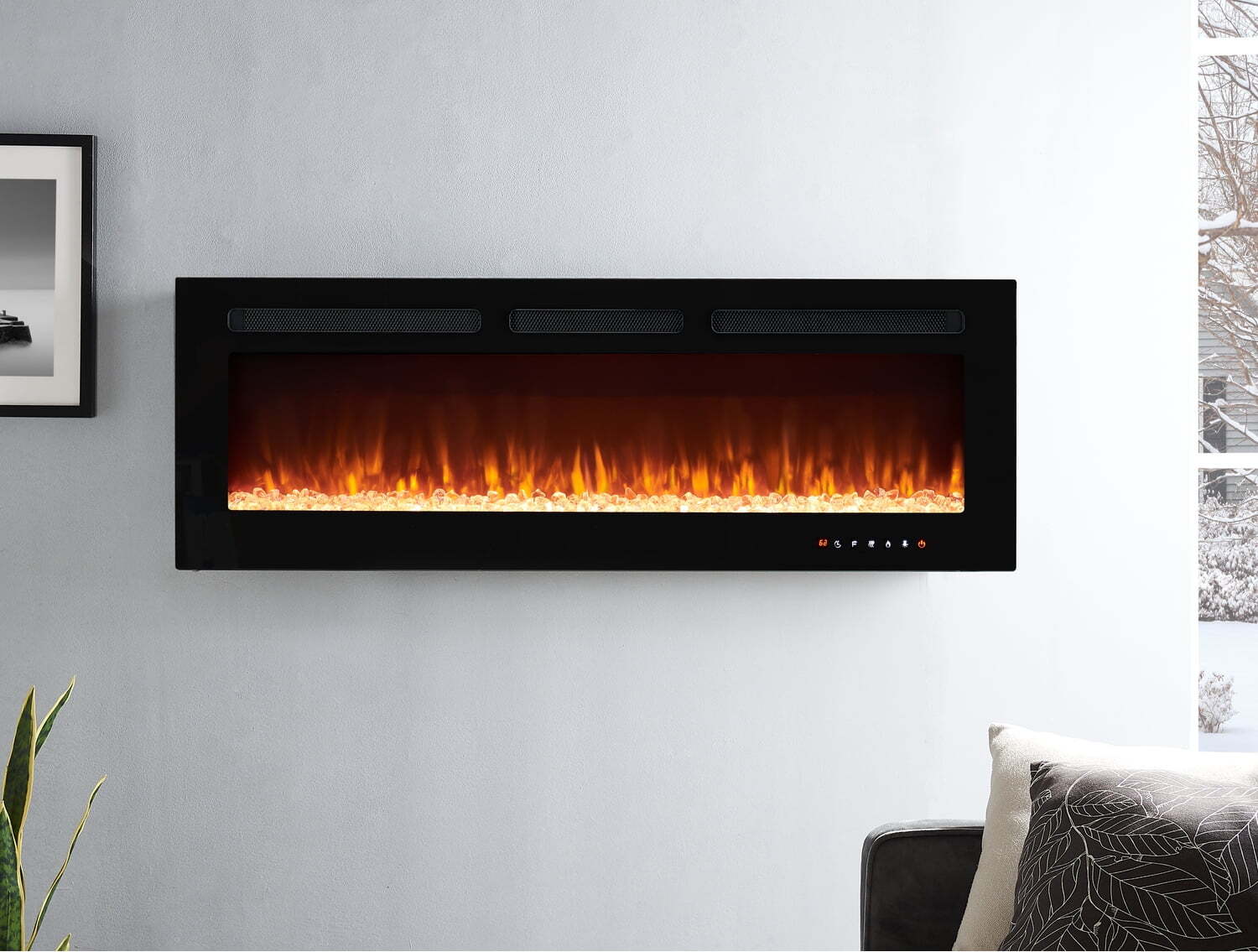
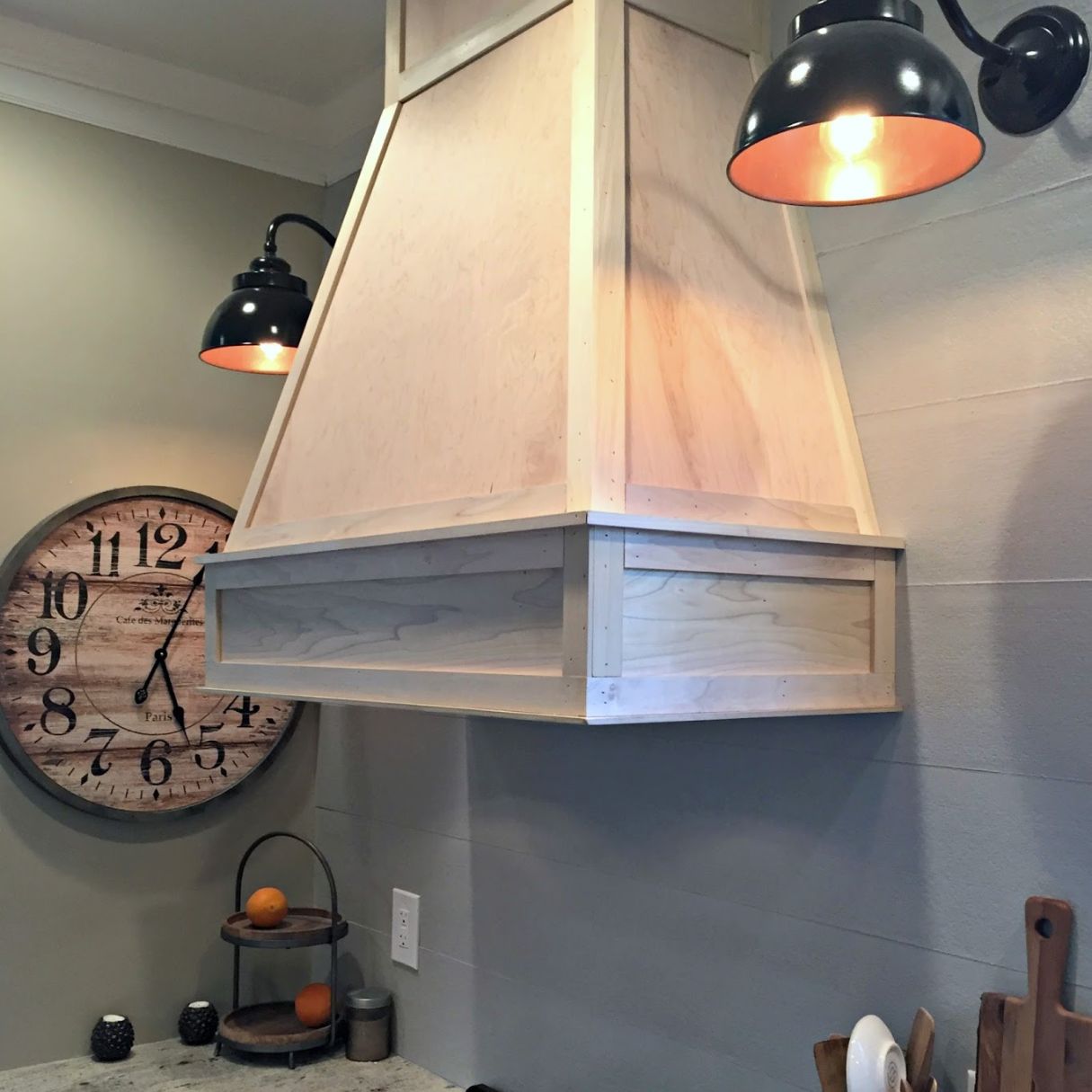
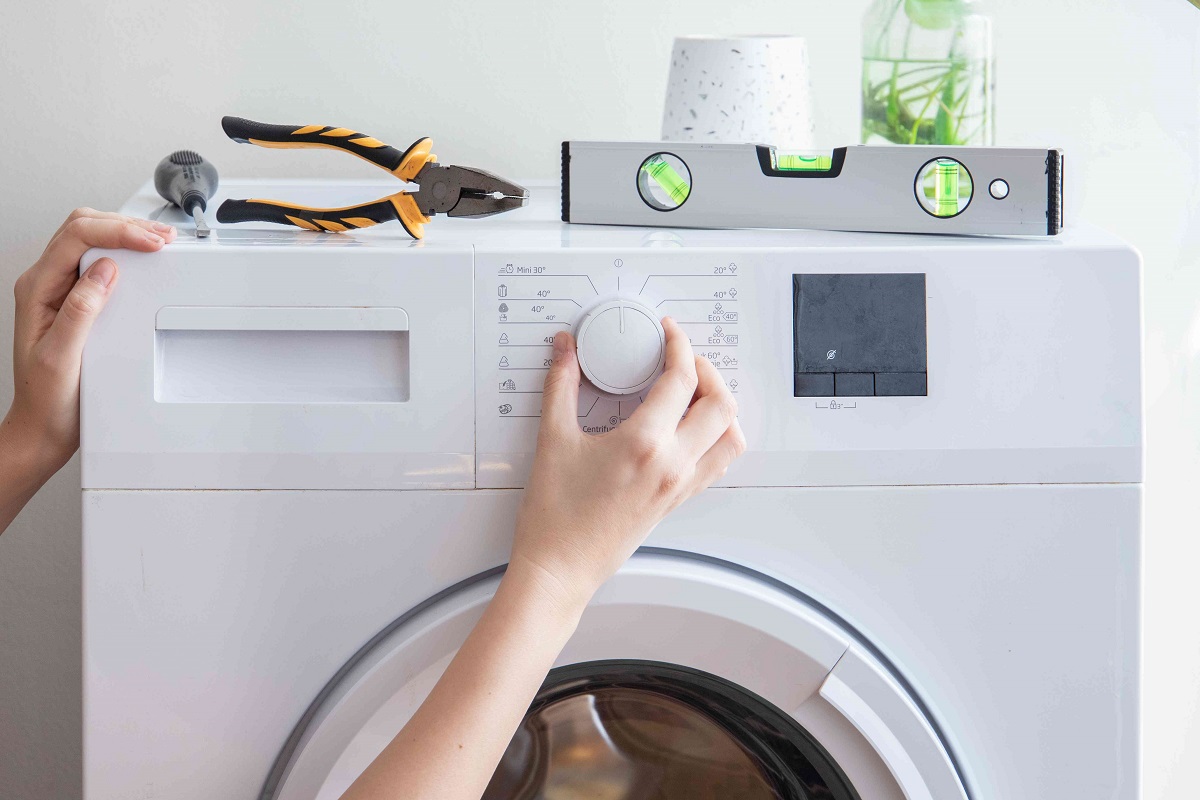
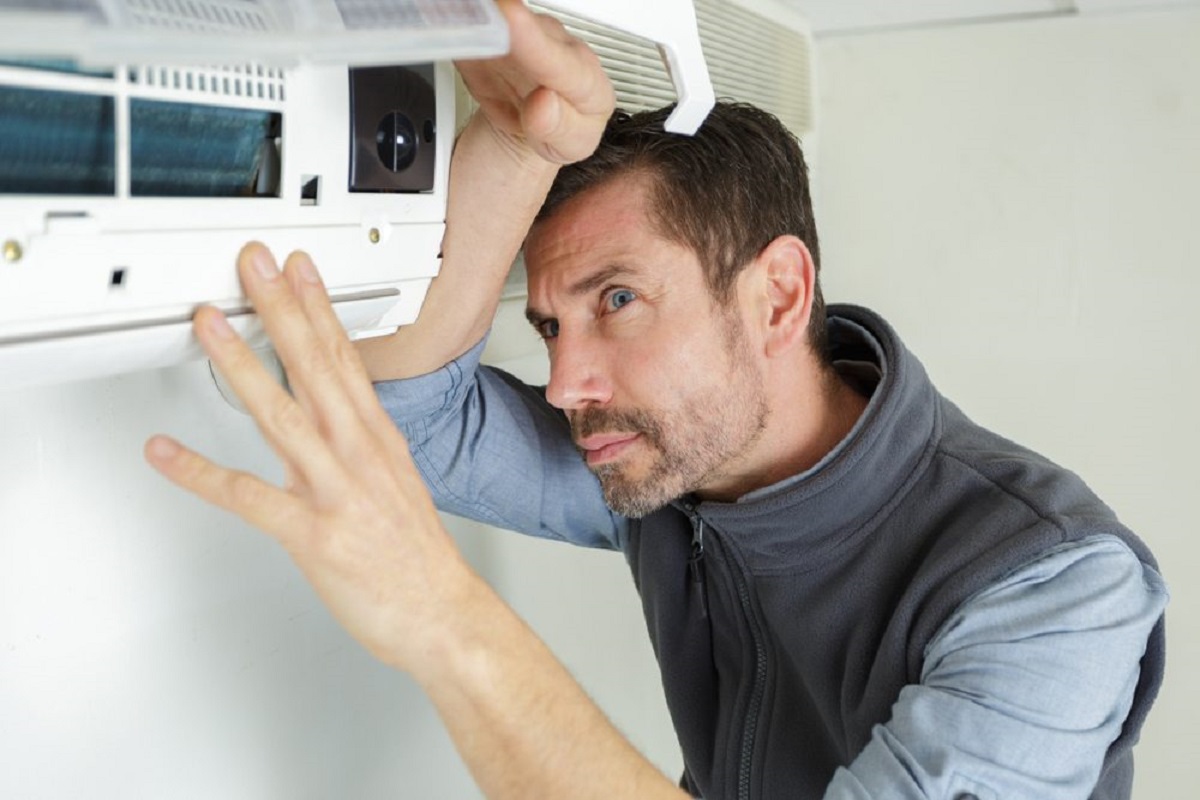
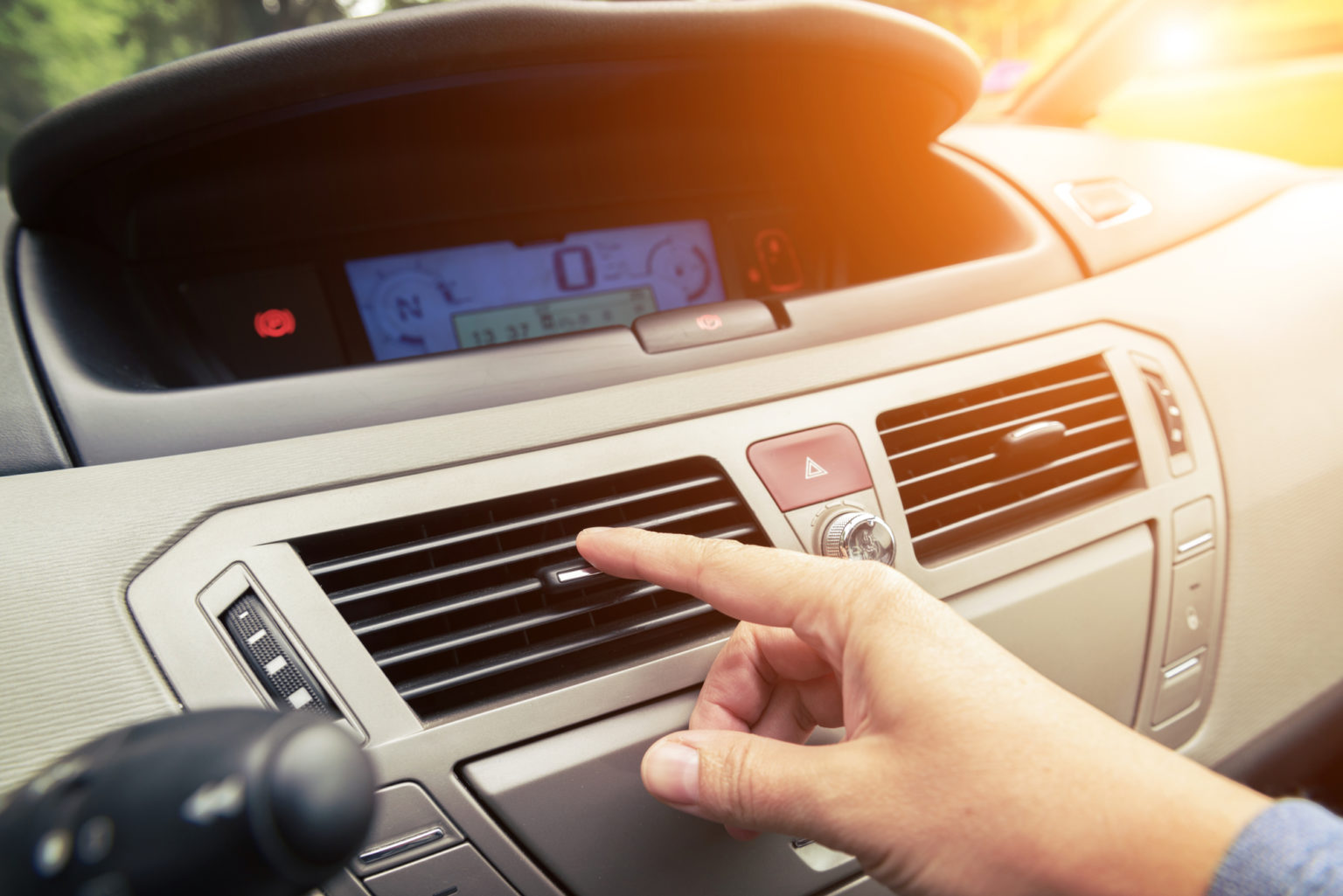
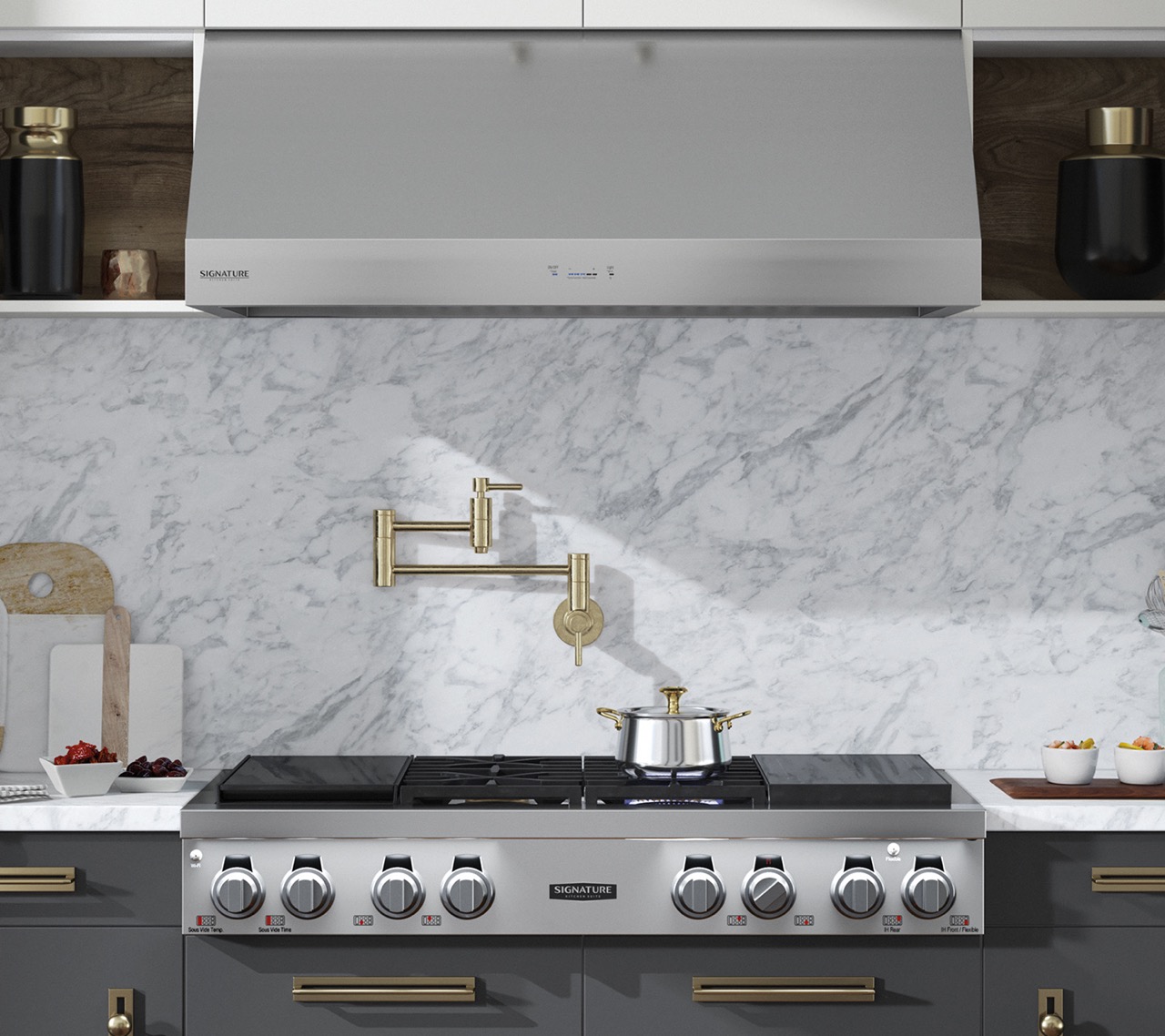
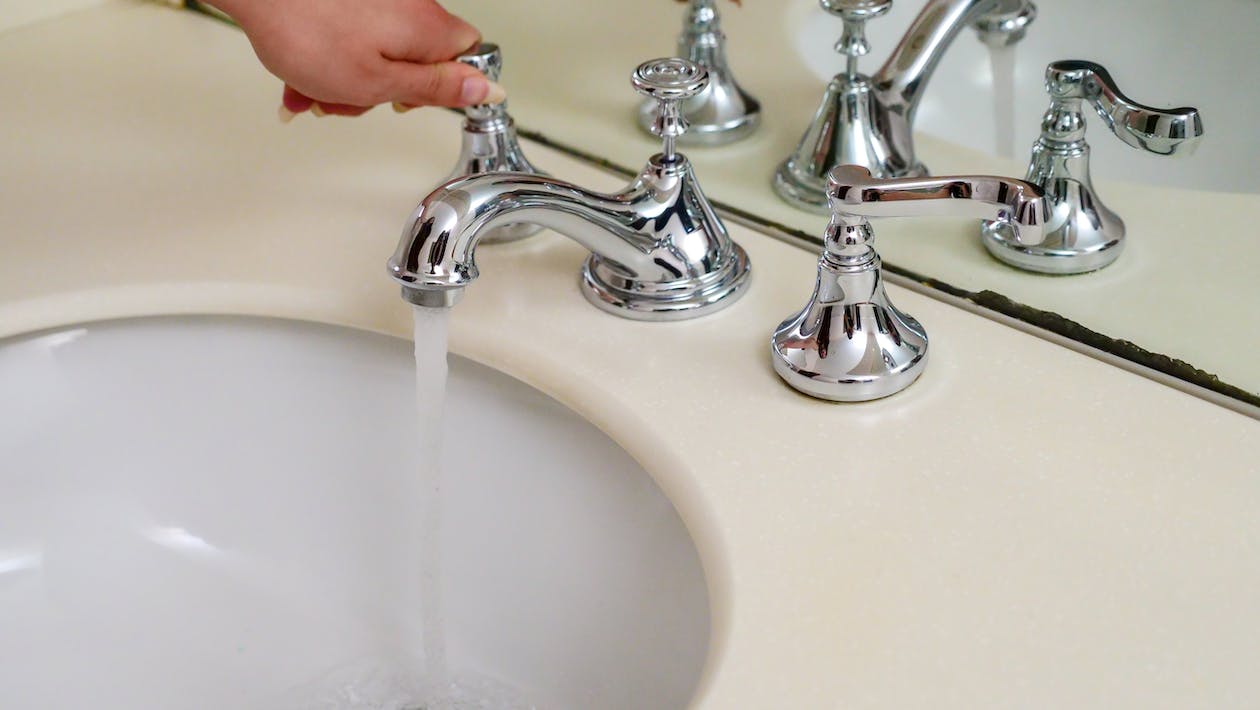

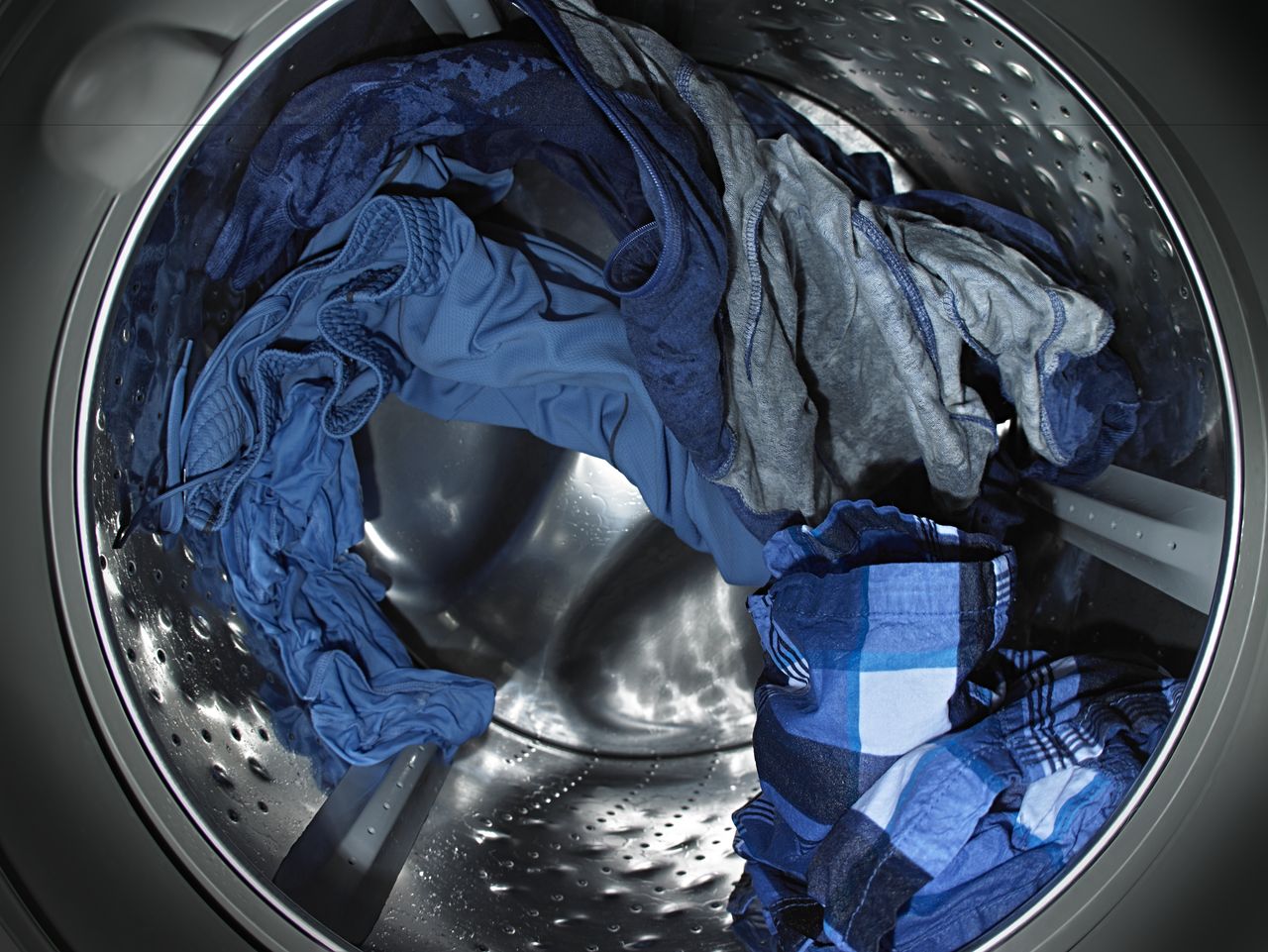
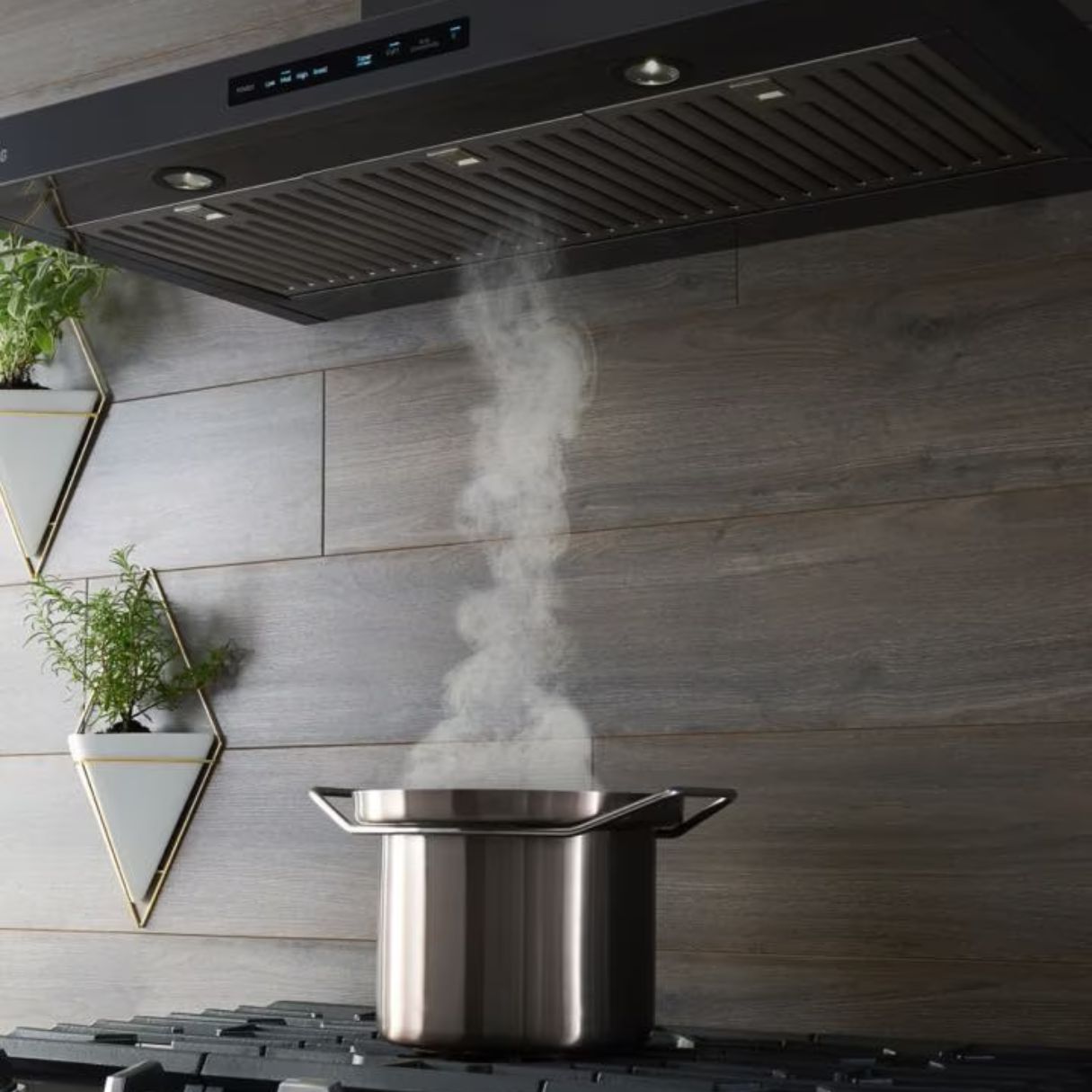

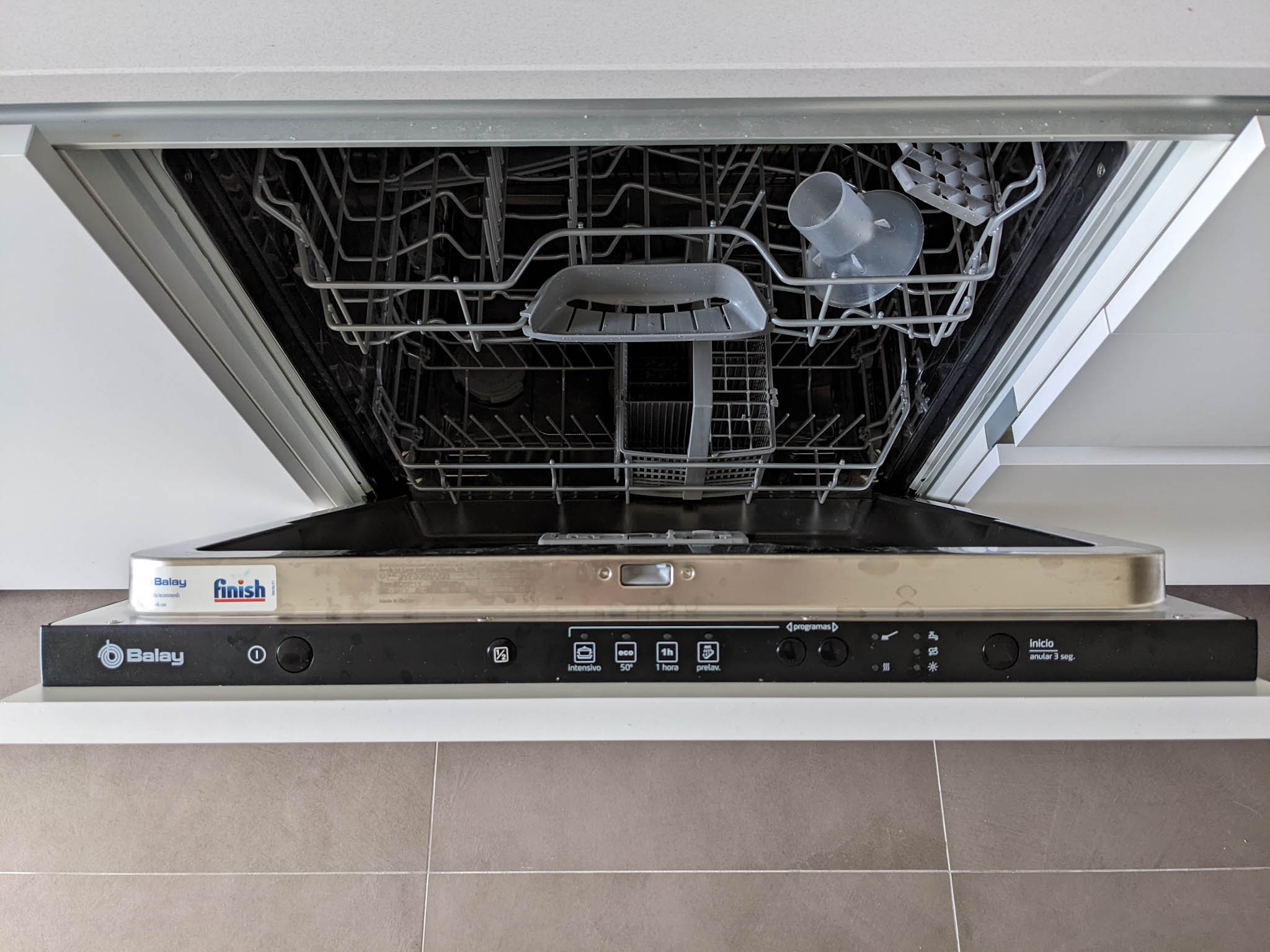


0 thoughts on “Range Hood Making Noise When Off”